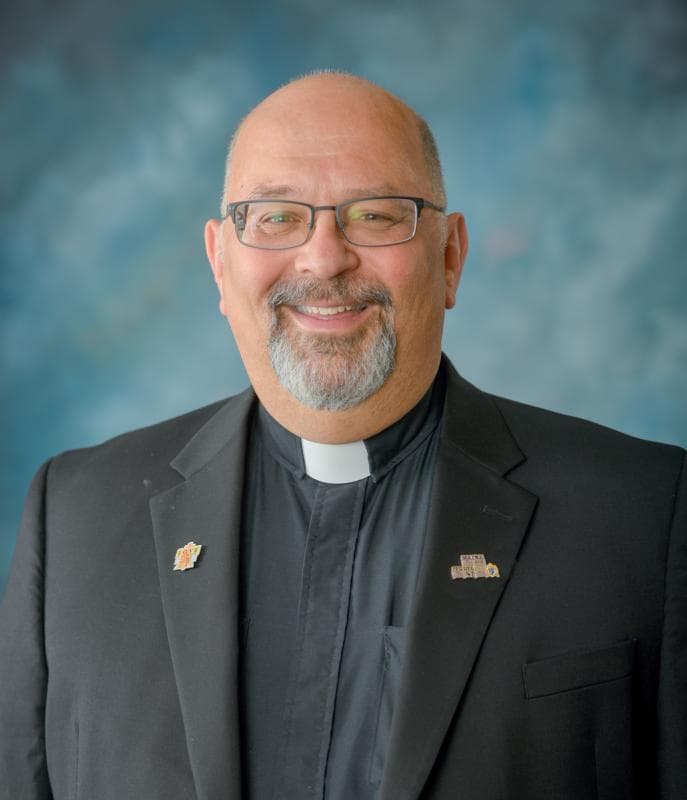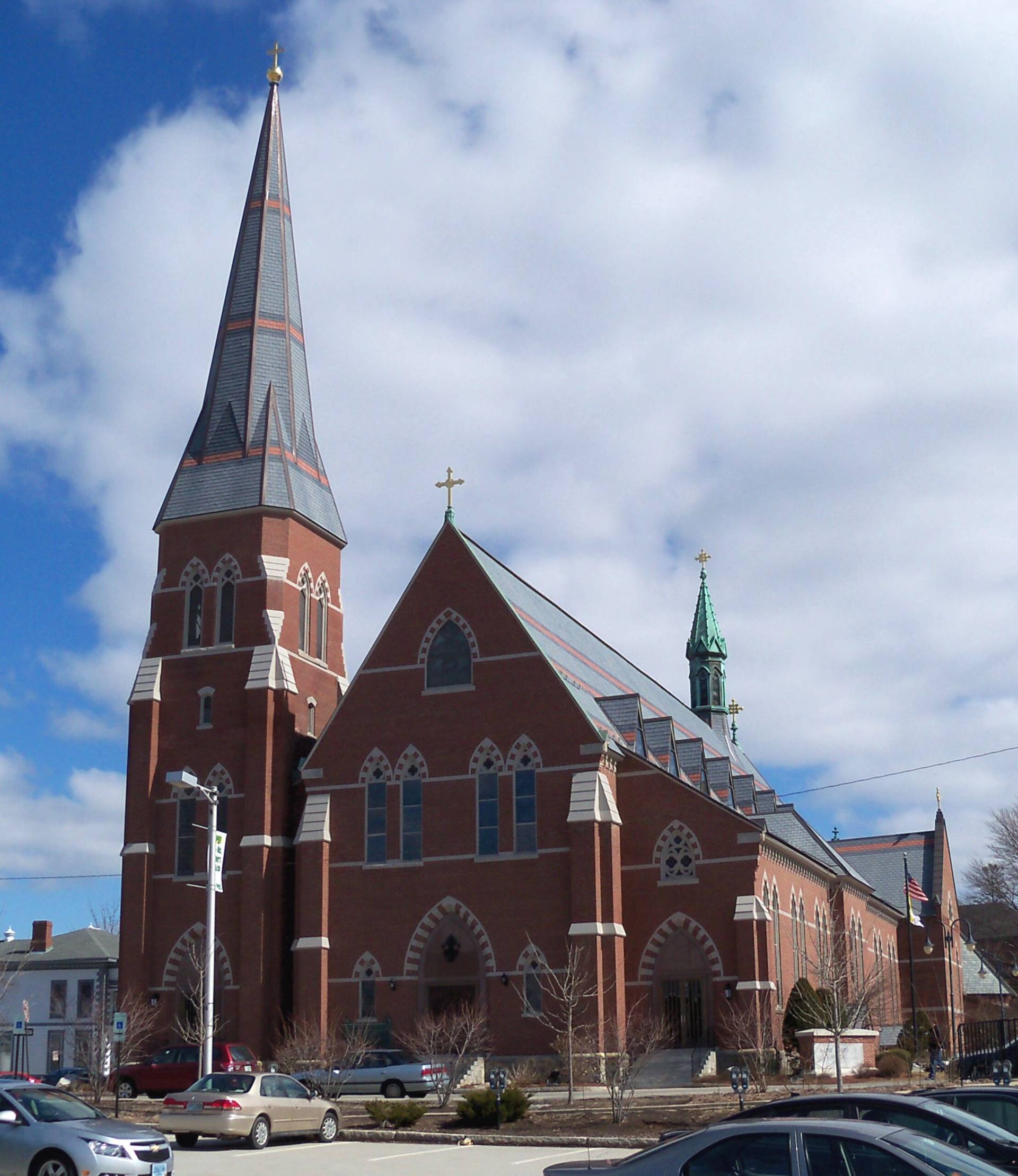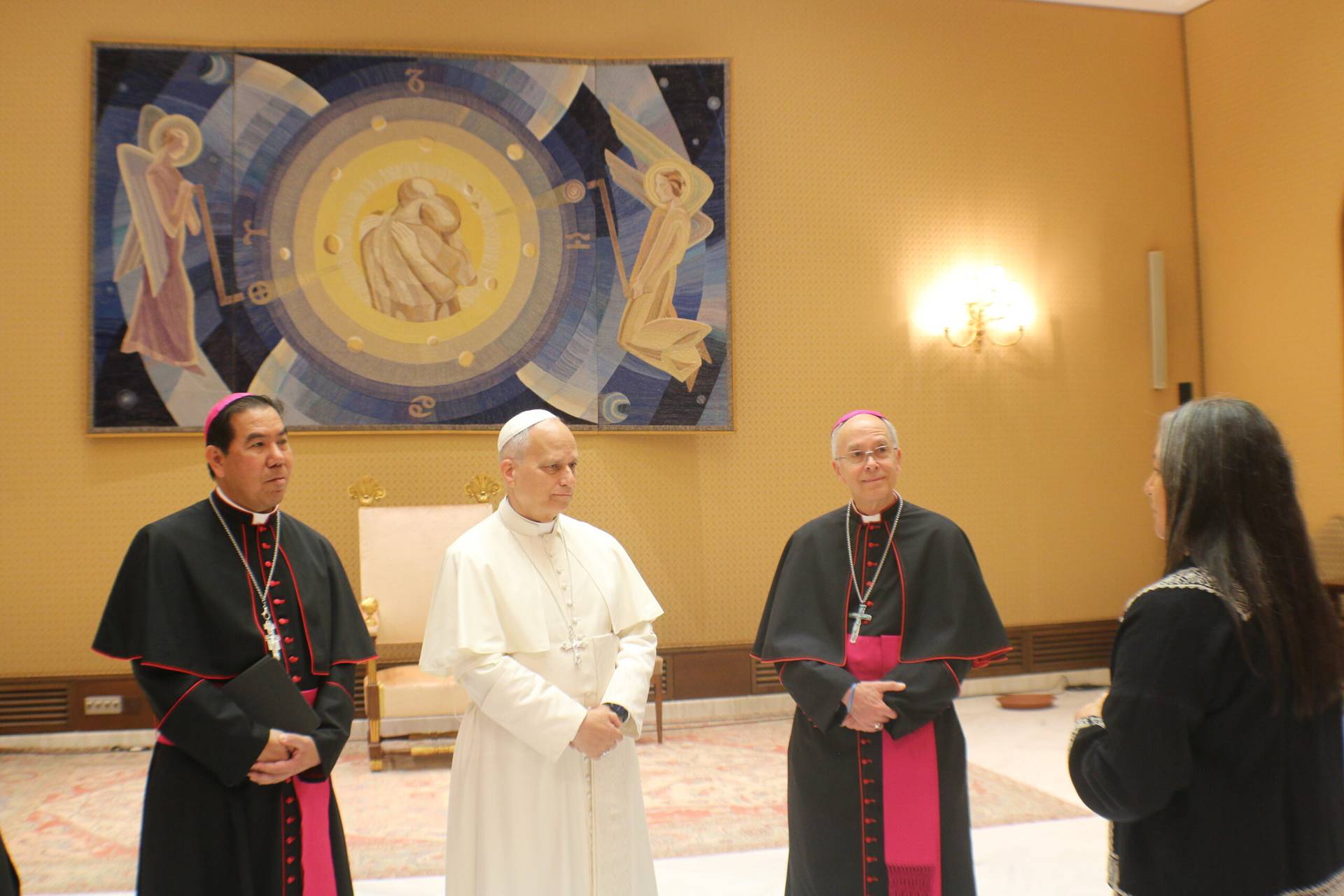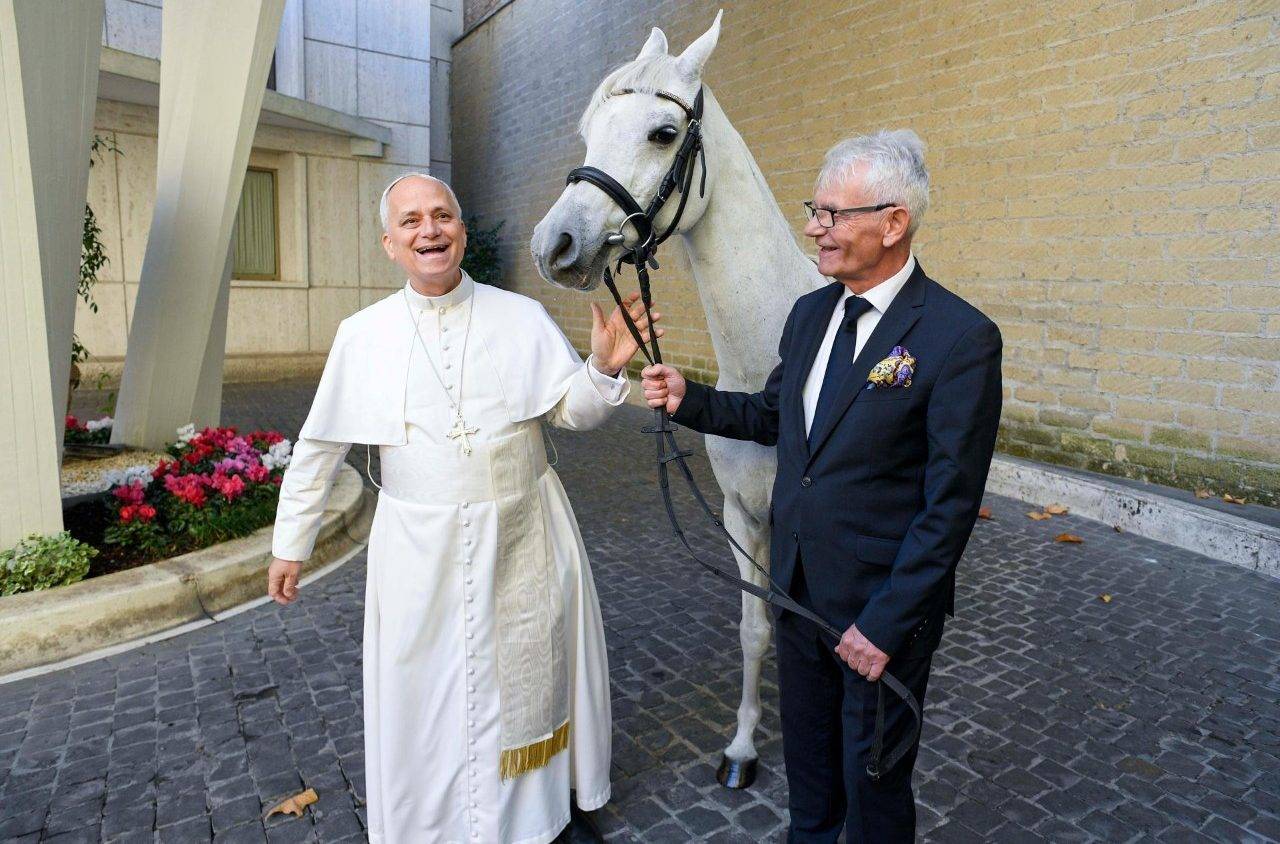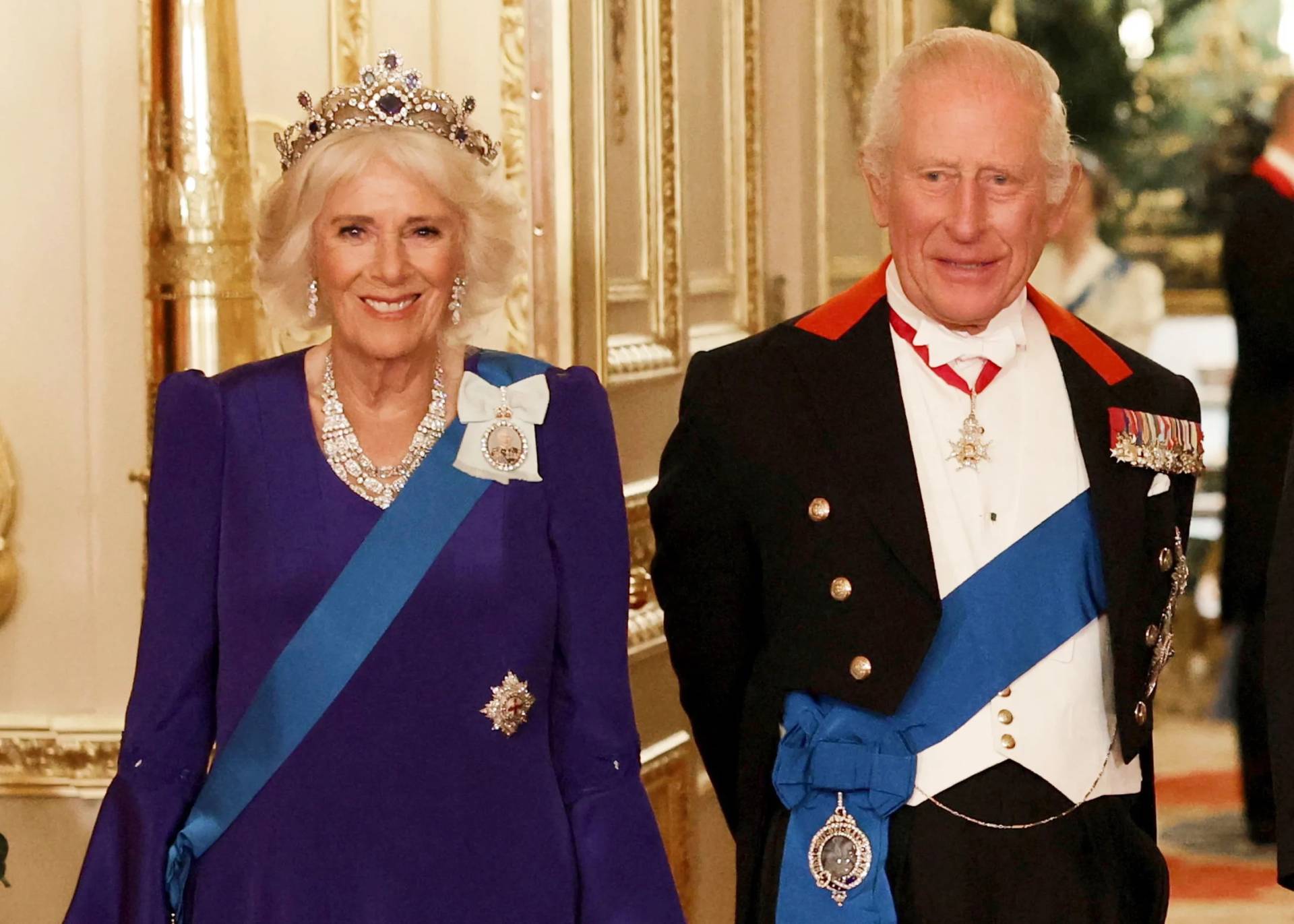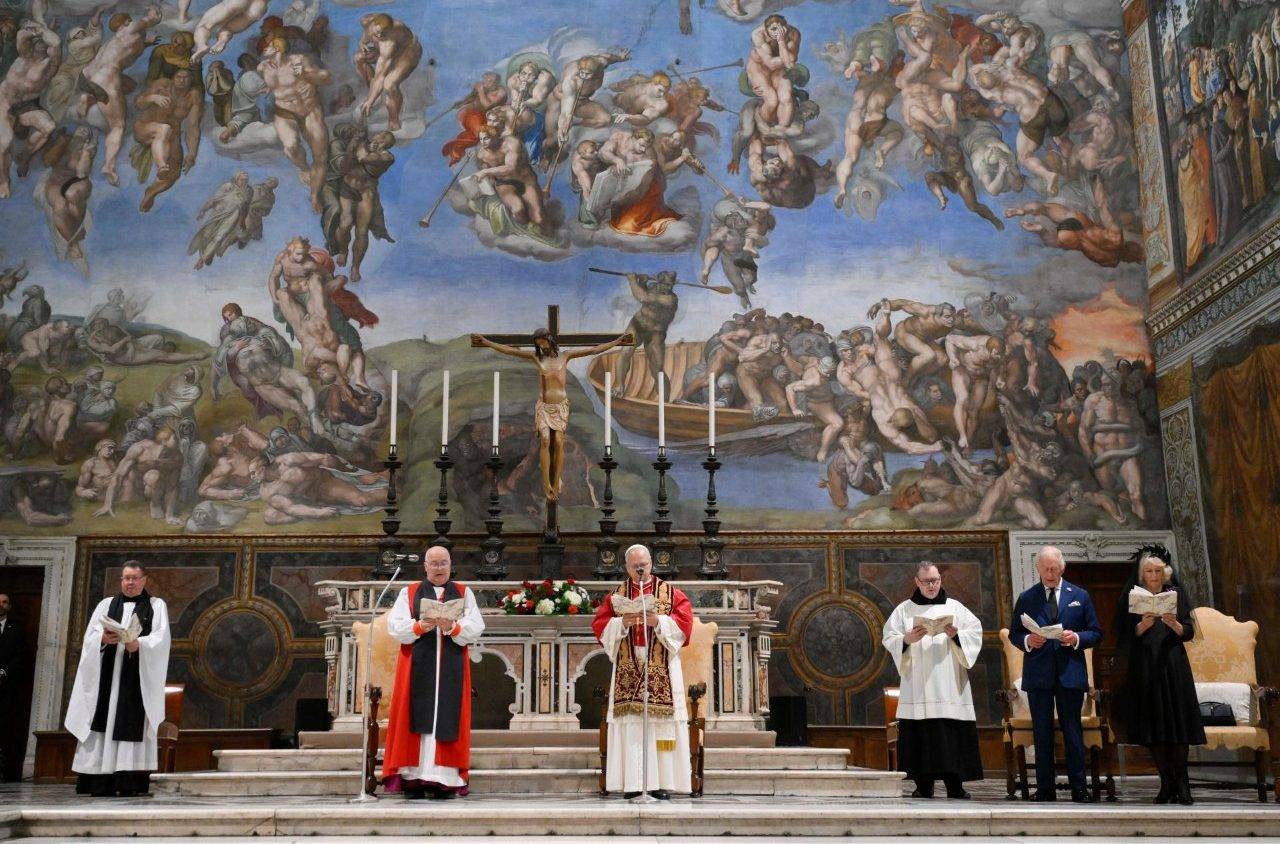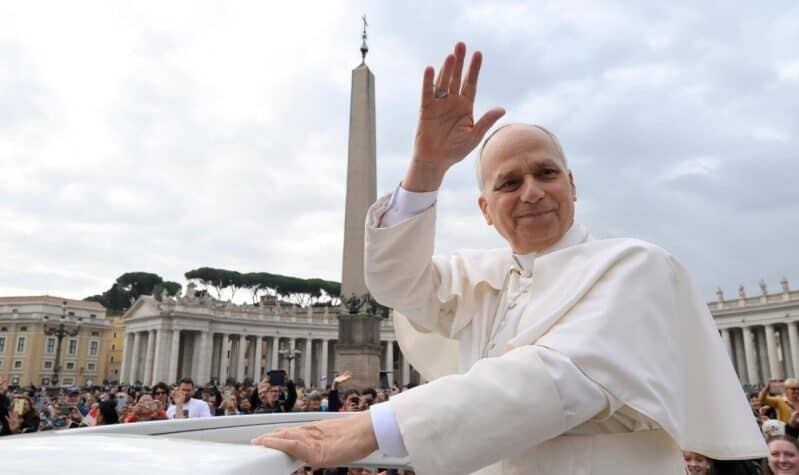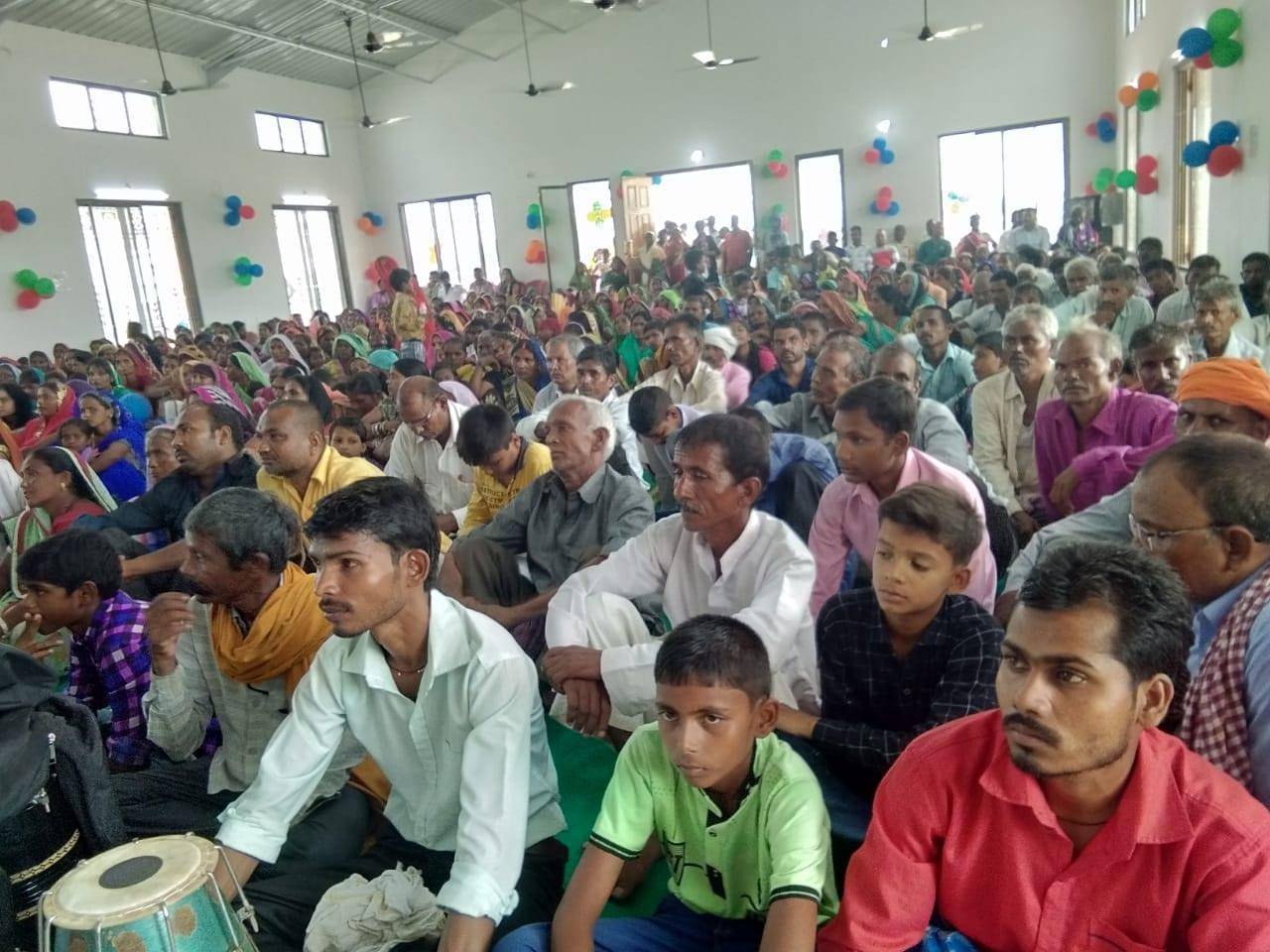PORTLAND, Maine — Father Paul Marquis sits in his office at Mercy Hospital, waiting. He often notices how the usually busy corridors outside have grown quiet recently.
Strict visitor regulations are in place, and staff schedules have been drastically altered to cover any possibility of a surge during the COVID-19 pandemic.
The wait is never long for a hospital chaplain. A call comes. A patient with COVID-19 needs to see a priest. Marquis reaches over to his large, plastic hood and begins the elaborate process to make a simple visit. These are extraordinary times for everyone, including all priests.
“I have my own hood, gown and gloves,” said Marquis, who has protective equipment assigned to him. “The hood plugs in from the back to a generator that pushes filtered air into it.”
He prepares, with all safety gear in place, to anoint the sick. This sacrament, in which Christ is welcomed as physician and healer, and comforter and consoler, is healing hearts and serving as a reminder to many in need, thanks to the dedication of Maine priests, that in times of difficulty, God is with us.
The delivery of the sacrament, however, has changed. As Marquis arrives at the room, he places a large container of holy oil in the hallway where it will stay.
“The old way with a metal container and a cotton ball can’t be done,” he said in an interview with the Portland Diocese’s Communications Office. “You’d be bringing COVID-19 from patient to patient.”
Instead, he dips a cotton ball into the oil, walks in the room near the patient, prays and then anoints her.
On some calls, the patients are conscious and able to talk to him. On others, they are not.
“I had one that was on a ventilator. When she first arrived, she said ‘Oh, don’t come in right now, Father,’ very nicely,” said Marquis. “She had been anointed during a previous visit to the hospital recently. She had watched Masses at home prior to coming into the hospital, so it wasn’t like she wasn’t prepared.”
“I eventually got called in and she was no longer conscious,” he said, “but I was able to come in and give her the Apostolic Pardon,” a blessing with an indulgence that usually happens at the conclusion of the anointing of the sick if the recipient is in danger of death.
Marquis has learned that each case is unique, and different hospitals can have different policies, requiring flexibility and creativity.
“At Maine Medical Center, in certain units, the priest can’t go into the room. They put the phone next to the ear of an unconscious COVID-19 patient who was on a ventilator and I prayed as many prayers as I could,” he explained. “They opened the door a foot and I could stand there and give him the Apostolic Pardon, over the phone and sort of yelling it in. It’s tough.”
With so many moving parts in his life right now, all set against the backdrop of an historic pandemic, Marquis relies on the hugs of his dog, Bella, and a simple truth to carry him through: “Whether the ears can hear it or not, the soul is probably still listening. We just have to trust the mercy of God and that God can provide.”
Hours later, the alarm rings and another day begins for Marquis, who has no idea what the day will bring before he finds his way to bed again.
There are still certainties, although they are now normal parts of a daily routine that didn’t exist six weeks ago.
At 8:15 a.m., the Facebook Live button is pressed and Marquis, who is also parochial vicar at Parish of the Holy Eucharist, serving Falmouth, Yarmouth, Freeport and Gray, celebrates a daily Mass with a viewership numbering in the hundreds. Public Masses are temporarily suspended during the pandemic.
“The weekend Masses we have been livestreaming from the parish have been remarkable in terms of the people watching,” said Marquis. The Masses have drawn between 1,200 to 1,800 viewers per Mass online.
“Our Divine Mercy Sunday celebration had 566 viewers, and that’s if everyone watched it by themselves,” he added. “It’s incredible. People are sitting at home who wouldn’t have gone to Mass and are saying, ‘Hey, it’s Sunday. I’m going to participate in Mass.'”
The numbers are sometimes overwhelming, but the power of faith and evangelization they represent are comforting.
“When you look at the numbers, it’s the largest congregation I’ve ever had,” laughed Marquis. “You just don’t want to upset anybody by saying the wrong thing!”
Soon, it’s off to the parking lot of Sacred Heart Church in Yarmouth, where Marquis is regularly offering confession, at first in a drive-thru format that had cars lining up into Main Street. Now, thanks to a makeshift, outdoor confessional adjacent to the parking lot, Marquis can sit on one side of a partition, sometimes joined by Bella in a dog bed, while on the other side, the penitent rests on a kneeler.
His phone has been as busy as he has. Marquis frequently makes and receives calls to non-COVID patients who are subject to some of the same visitor restrictions that are in place in many COVID-19 units.
“One patient said that my phone call made her day,” he said with a smile. “I’ve also called families who have members with COVID-19 that they can’t visit due to safety restrictions. There are arrangements made for families to video conference into isolation areas to speak to people. We coordinate those things, too.”
Just as he looks forward to getting outside and enjoying some spring air with Bella, the familiar ring of the phone fills the air. This time with a call to visit someone at their home in hospice care.
“There have been a couple of these the last couple days,” he said. “People who are dying at home who want to receive the sacraments.”
One would think his time in the car moving between request to request would provide rare silence in his life, but not so.
“As I’m driving, I’ll offer the Chaplet of Divine Mercy,” he said. “I find that I’m offering it for those dying patients, especially for those dying without the benefit of the sacraments or without the comfort of family.”
Marquis’s daily existence is being played out by priests from Kittery to Fort Kent in the Portland Diocese. It is a time of adaptation through the continued living out of their call.
“The priest presides in prayer and is the image of Christ who calls us to unity and service,” said Bishop Robert P. Deeley. “There is much good that is happening and I take every opportunity to express my gratitude for the service of our priests, who help make Jesus present day in and day out throughout the year. We pray that God will continue to guide us and help us to strengthen each other.”
At the end of each day, Marquis prays the rosary on Facebook Live on his Facebook page, inviting parishioners and community members to join him. These days, there have been plenty of people for whom to pray.
“When I pray the rosary, I pray for nurses, doctors, therapists, phlebotomists, respiratory therapists, housekeepers, maintenance workers, dietary workers, EMTs, police, anybody who might, because of their work, be brought into contact with people with COVID,” he said. “We also pray for people who work in grocery stores, prepare food, or deliver food from restaurants. It’s a different world.”
But, fortunately, in these uncertain times, some things stay the same.
“Bella still loves to go out for a walk,” said Marquis while getting her ready for that walk. “There are no days off. Celebrating Masses, praying the rosary for livestreaming every night, offering drive-thru confessions, in all these ways, priesthood is being viewed by people as essential. That’s beautiful.”
